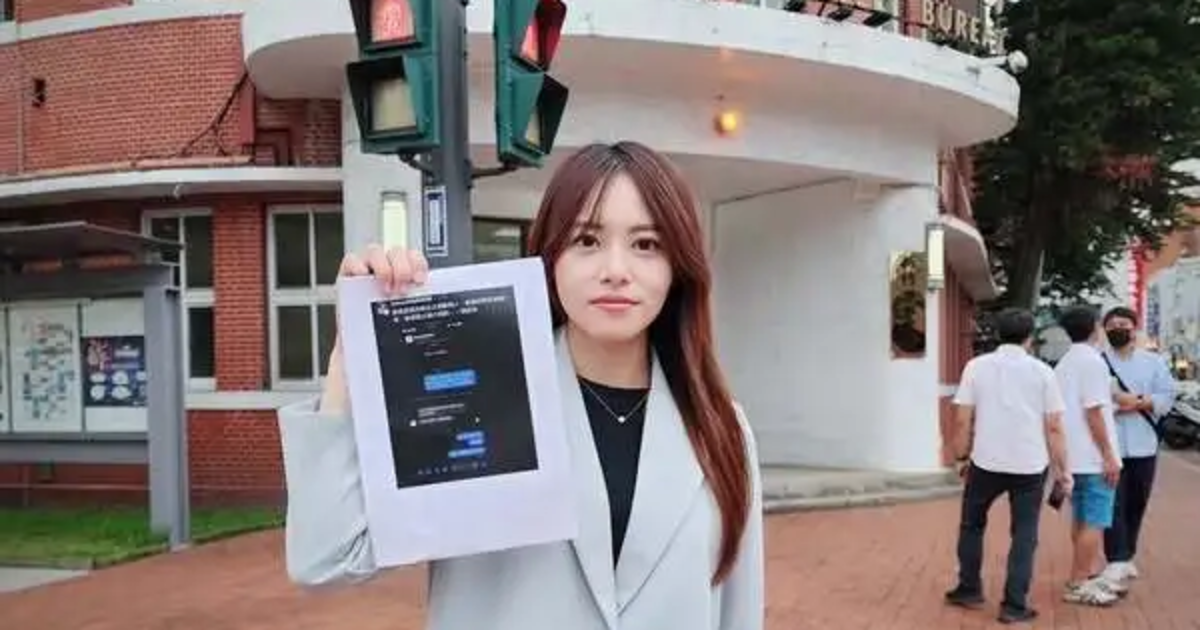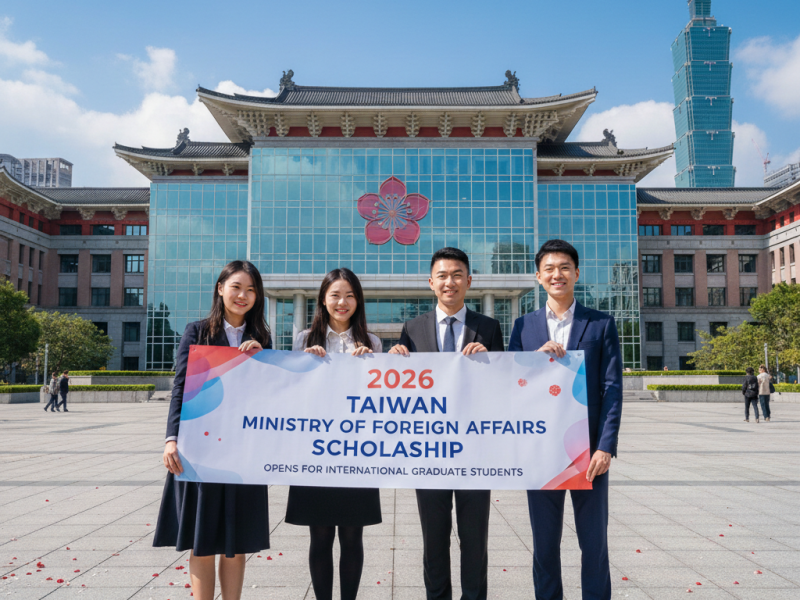HSINCHU, Taiwan — As Hsinchu Mayor Kao Hung-an and Kuomintang (KMT) legislator Cheng Cheng-chien face growing recall efforts, tensions in the city have intensified, drawing national attention. The situation took a troubling turn when Shih Shu-ting, Director of Civil Affairs at the Hsinchu City Government, reported receiving violent threats online after commenting on the recall process.
Shih had earlier made a controversial statement on Facebook, suggesting that the recall campaigns were aimed at helping President Lai Ching-te “smoothly implement martial law.” Her remark prompted criticism from online personality Ba Jiong, who accused Shih of misrepresenting his statements by removing key context from an interview.
According to Shih, what began as a public disagreement escalated into serious threats. She filed a police report on Sunday, claiming that she had received alarming messages online, including threats to set her house on fire and stab her. She suspects the threats came from individuals posing as netizens from mainland China, possibly linked to political factions or cyber operatives.
“In a democratic society, discussions and criticisms should be guided by law and reason,” Shih stated. “I welcome differing opinions, but threats of violence cross the line of free speech and jeopardize personal safety.” She also hinted that the individuals behind the threats may be affiliated with the Democratic Progressive Party (DPP) or supporters of Ba Jiong.
Ba Jiong, during a recent interview, had voiced concern about the consequences if the ongoing recall efforts failed. He argued that if the recalls did not succeed, Taiwan’s executive powers could be weakened, leaving the government vulnerable in the event of a crisis, such as a potential attack from China in 2027. He emphasized that martial law or emergency military action would require Legislative Yuan approval under such circumstances.
Ba Jiong accused Shih of removing the conditional context—specifically his mention of a potential Chinese invasion in 2027—when she quoted him, thereby twisting his message. In response, he threatened to pursue legal action for misrepresentation.
Shih stood by her interpretation, stating that Ba Jiong himself raised the topic of martial law and that her post was within her rights to express opinion and analysis. “Before accusing others, he should mind his own words. Instead of spreading fear, he should be more concerned with the responsibilities of the presidency,” she remarked.
She further called on authorities to take online violence seriously and urged society to reject intimidation tactics. “Political dialogue is increasingly being replaced by hostility,” Shih warned. “We must not let hatred define our democratic space.”
Despite the threats, Shih affirmed her commitment to her post, saying she would not be silenced by fear. She urged the public to uphold the rule of law and protect the foundation of democratic discourse in Taiwan.



